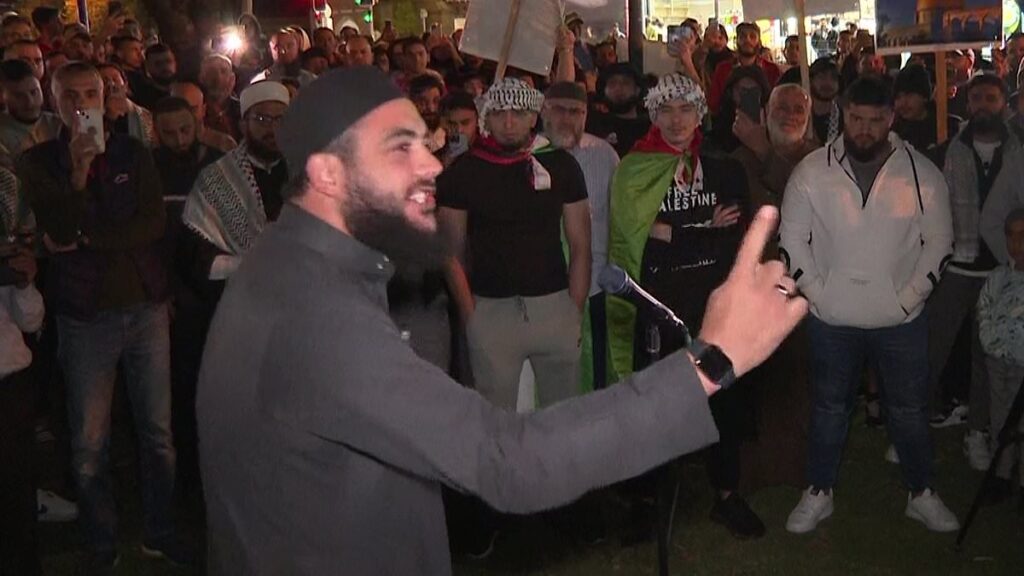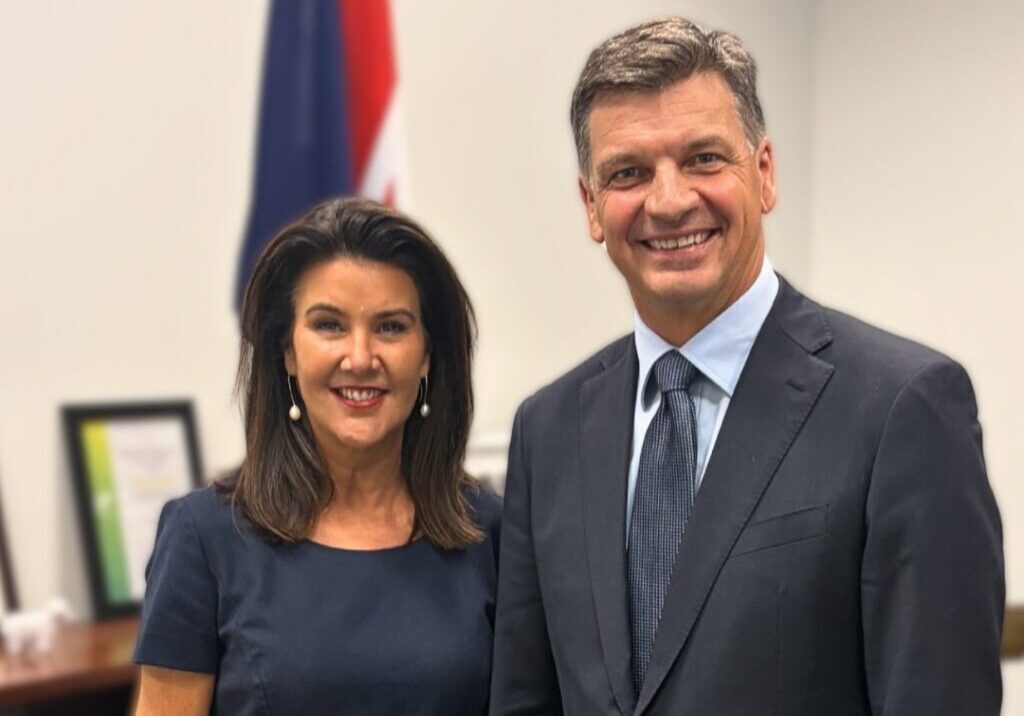Australia/Israel Review
The Last Word: Burning bridges or building them?
Feb 29, 2024 | Rabbi Ralph Genende

October 7 was a cataclysm, a tectonic shock of epic proportion for the Jewish people. We have been shocked to the core at the brutality of Hamas, staggered by the virulent antisemitism across the world and in our own neighbourhoods, and at the mindless and promiscuous vitriol towards Israel. We are perplexed by many of our neighbours and colleagues, by their silence, awkwardness, hostility, indifference or ignorance. Challenges abound.
One of the critical challenges is in the interfaith space – particularly between Jews and Muslims.
I have been engaged in interfaith work for most of my adult life. For the past 30 years, I have worked alongside Christians and Muslims, Sikhs and Hindus, Buddhists and Mormons, Maoris and Aboriginal people. My interaction with Muslims began shortly after September 11, establishing contacts between Year 11 students from the Jewish Mt Scopus College and Muslim King Khalid College.
My faith in interfaith work with Muslims and some Christians was deeply shaken by October 7. It felt like the bridges we had carefully created had all been burnt, that relationships we had thoughtfully and even lovingly nurtured had been torn apart. I was stunned by the silence of the Jewish Christian Muslim Association (JCMA) that I had been president of and for whom I had facilitated a journey to Jerusalem for a group of Jews, Christians and Muslims. I resigned from it together with its President, Rabbi Kaltmann.
I was numbed and dismayed by our Muslim colleagues’ lack of moral clarity to distinguish themselves from the Islam of Hamas and outraged by those who had the clarity but lacked the moral courage to actually say so.
People of faith can fail and have failed us, and we Jews know faith can falter but it can also renew, deepen and strengthen us – we dare not lose our hope, which is fundamental to the Jewish psyche.
Despite the schadenfreude of some of our critics, we believe there must be a future. We will continue to live together in this country with its rich multifaith and multicultural tapestry.
People of faith are our allies and crossing cultures remains imperative. To listen to the other is the beginning of repairing bridges. It will take time, humility, and patience – it’s always easier to tear down, much harder to rebuild.
Our Muslim interlocutors will need to show us exactly where they stand on support for Hamas and Hezbollah and what their intentions are regarding anti-Jewish, not to mention anti-Israel, teachings in their schools and mosques. And we need to be prepared to hear their pain about the suffering caused by what they term Israel’s “occupation”, the huge losses of life in Gaza and how it erodes their faith in us and our morality.
I have been heartened by conversations with a few brave Muslims and a good number of Christians, Hindus and people of other faiths who have reached out. It is, however, especially difficult to reach out to each other while we are still engaged in a war, losing young soldiers daily, our people being held captive and there being so many heartbreaking casualties in Gaza. Shared sorrow can, however, be a bridge for and to the future. It’s admittedly easier at this point to collaborate with our allies in non-Muslim cultures and religions.
In the meantime, I will continue to despair and dream, to doubt and to hope, to labour and to act for the future of interfaith collaboration here, in Israel and across the world. I draw hope from the Torah in which Isaac and Ishmael, the two sons of Abraham, put aside their fractious past to bury their father and their mutual pain and hostility.
There are surely enough courageous and genuine seekers of faith to still make it a better world. Rabbi Nachman of Bratislav (1772-1810) famously summed up the need for bravery and boldness in our collective human imperative: “the whole world is a very narrow bridge, but the main thing is not to fear at all!”
Tags: Antisemitism, Australia, Hamas, Interfaith Dialogue, Terrorism






